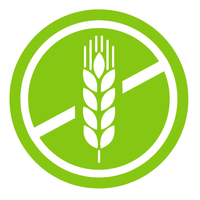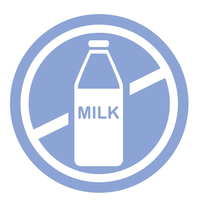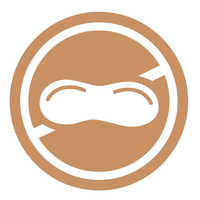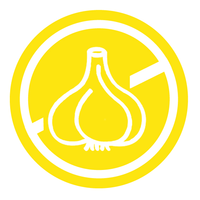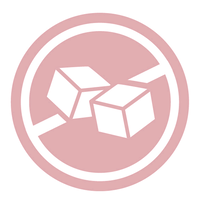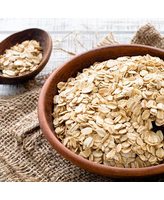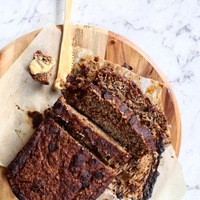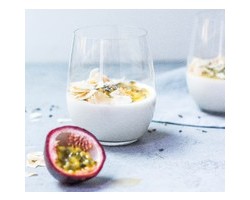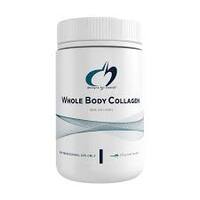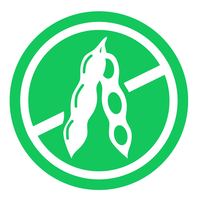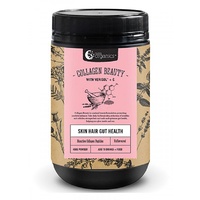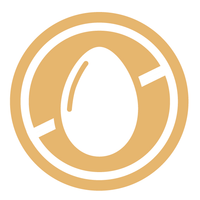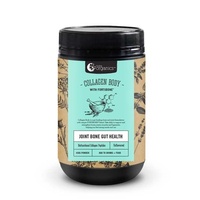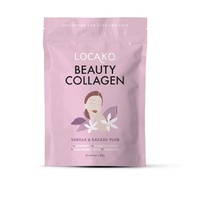The Benefits of Collagen
Author: Laura Date Posted:12 March 2021
Collagen is a protein made up of 3 main amino acids which are glycine, proline and hydroxyproline. In most collagens, the molecules are packed together to form long, thin fibrils. When you consume collagen and other proteins, your body breaks them down into amino acids that are then used to build new proteins and compounds. They act as supporting structures and anchor cells to each other, which gives the skin its strength and elasticity.
Collagen makes up approximately 30% of the proteins within the body. It forms a scaffold to provide a tough and strong structure found in bones, muscles, skin, tendons and ligaments.
Endogenous collagen is natural collagen that is synthesised by the body. Exogenous collagen comes from an outside source, such as supplements from an animal source, especially in the flesh and connective tissues of mammals.
Collagen has three main types I, II, and III. Each one of these types is formed in different areas of the body and can help with certain structures and functions. Most collagen supplements contain Type I and III. Type I collagen is the most prevalent type of collagen. It is the substance that makes up the skin, tendons, and bones as well as the structural framework of the organs. Type III collagen is typically found wherever Type I collagen can be found. It is the substance that make up connective tissue, found in the muscles, bone marrow and blood vessels.
It’s diverse range of functions, and the fact that it is naturally occurring make it clinically versatile and suitable for various medical purposes.
There are many factors that can deplete the levels of collagen within the body. Avoiding them could keep collagen level in the body healthier for longer. These factors include:
- High Sugar consumption: A high-sugar diet can potentially increase the rate of glycation, a process where blood sugars attach to proteins. This can cause damage to nearby proteins and can make collagen dry, brittle, and weak.
- Smoking: Tobacco smoke contains many chemicals which can damage both collagen and elastin in the skin. Nicotine also narrows the blood vessels in the outer layers of the skin. This compromises skin health by reducing the delivery of nutrients and oxygen to the skin.
- Sunlight: UV exposure can contribute to collagen breakdown, damaging the collagen fibres. The UV rays in sunlight damages the collagen in the dermis, and the skin rebuilds incorrectly, forming wrinkles.
- The aging process causes collagen levels to deplete naturally over time. This is unfortunately unavoidable.
Collagen supplementation has become more specialised over the years and new advances in technology, have allowed “targeted” collagens to be formulated:
Verisol is a type of collagen that consists of special peptides that are important components for supporting healthy skin. It can stimulate skin metabolism and counteract the loss of collagenous extracellular matrix from the inside. Verisol improves skin surface structure, can reduce the appearance of cellulite, strengthen nails, increases the skin moisture and reduces the formation of wrinkles. Verisol can be found in the Nutra Organics Collagen Beauty. You can find a delicious keto recipe featuring this amazing product here.
Fortibone was formulated using specific peptides to promote bone health, increasing bone density and reducing degradation processes. It works by influencing degenerative processes in the bones by reducing osteoclast activity. This results in higher synthesis of collagenous bone matrix. Products including Fortibone appeal to the elderly and also to physically active consumers interested in maintaining good health. Fortibone can be found in the Nutra Organics Collagen Body.
Collagen supplements are mostly derived from an animal source. People who follow a vegan or vegetarian diet can try incorporating other nutrients that play an integral role in supporting collagen formation. These include:
- Proline: Found in asparagus, beans, buckwheat, cabbage, chives, cucumbers, garbanzo beans, peanuts, soy, and watercress.
- Lysine: sources include tofu and spirulina.
- Anthocyanidins: found in blackberries, blueberries, cherries, and raspberries.
- Vitamin C: sources include oranges, strawberries, peppers, and broccoli.
- Vitamin A: sources that are high in beta-carotene, which your body must then convert to vitamin A to utilise, are apricots, broccoli, carrots, kale, squash and sweet potatoes.
- Zinc: found predominately in nuts, seeds and beans.
If you are looking for a plant-based formula to boost your collagen, we recommend Formula Health Vegan Collagen Boost
Following a healthy diet and exercise regime, can help reduce visible aging and protect collagen, keeping the skin, bones, muscles, and joints healthy for longer.


